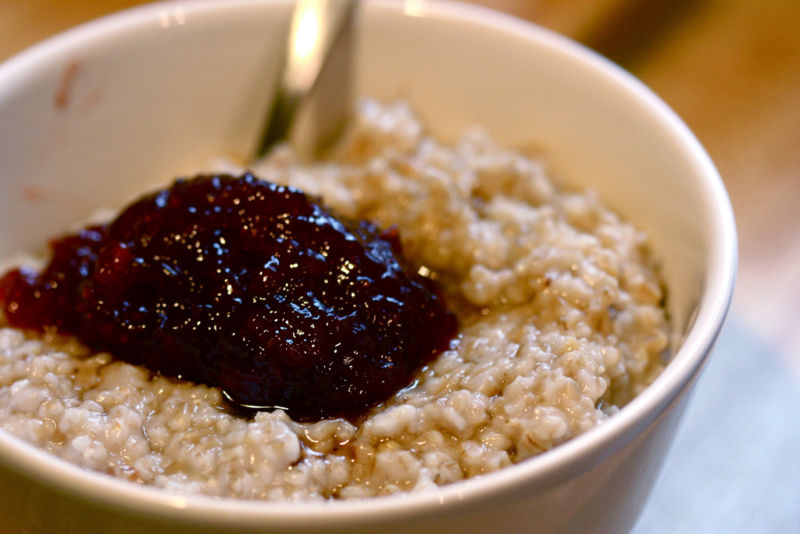Food innovations changed our mouths, which in turn changed our languages

Enlarge / Soft grains, dairy, and preserved food may have changed our mouths-and ultimately our languages. (credit: David Lifson / Flickr)
Something deep in the history of the German language pulled speech sounds toward hisses rather than pops. Words like that and ship end with a small popping sound in English, Dutch, and other Germanic languages-but in German, they end in softer s and f sounds-dass, Schiff. Centuries ago, before German was even German, this change was already underway, an example of one of the many small shifts that ends up separating a language from its close cousins and sending it off as its own distinct tongue.
How does change like this happen? One of the major reasons is speech efficiency. Speakers are constantly walking a tightrope between being understood and making speech as easy as possible-over time, this tension pulls languages in new directions. But if efficiency pushed German speakers in this direction, why not Dutch speakers, too? That is, if two languages share a given feature, why does that feature sometimes change in one language but not the other?
A paper published in Science today lays out an intriguing answer: technology might accidentally trigger a change. Changes like agriculture and food-preparation technology changed the arrangement of our teeth-and in turn, the authors suggest, this made certain speech sounds more likely. It's a daring suggestion, flying in the face of well-established linguistic thought. But the authors draw on multiple strands of evidence to support their proposal, which is part of a growing raft of ideas about how culture and environment could play a role in shaping language.
Read 12 remaining paragraphs | Comments